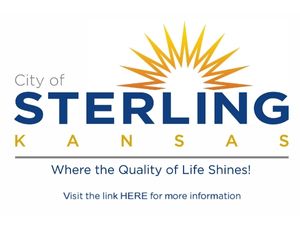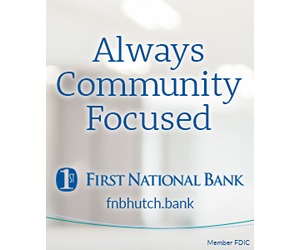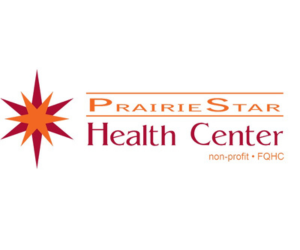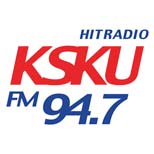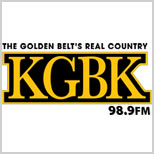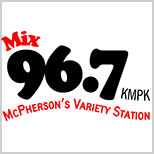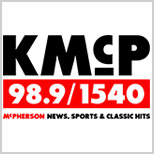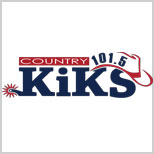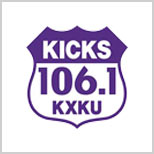By Tim Carpenter, Kansas Reflector
TOPEKA, Kan. — Dozens of the Kansas House members flip-flopped Tuesday to salvage a bill that was easily passed by the Kansas Senate and would authorize expenditure of as much as $5 million to stage a presidential preference primary next March.
State representatives soundly criticized House Bill 2053 on Monday before rejecting the measure 56-64 in the GOP-controlled House. Under light of a new day, the House voted 86-32 to adopt the legislation and forward it to Gov. Laura Kelly. The Senate vote had been 28-12, meaning both chambers ended up approving the bill with two-thirds majorities necessary to override a veto by the Democratic governor.
Rep. Susan Estes, R-Wichita, made the motion to reconsider the bill after voting the previous day against it. She said the estimated $4 million to $5 million cost of operating Republican and Democratic presidential primaries might have been inflated, she said. She said the actual cost to the state treasury could be moderated if counties reduced the number of polling locations.
“I’ve been able to do some work on that and understand from the secretary of state’s office that they erred on the high side as a precaution,” Estes said. “When you have a ballot that applies statewide, you no longer need to have so many polling locations. You could do some mega-sites that run more efficiently. I think there’s an opportunity to bring that cost down.”
Estes said there would be financial gains to Kansas associated with candidates visiting the state ahead of the March 19, 2024, primaries. In addition, she said, presidential campaigns would funnel cash into radio and television advertising in a quest to win in Kansas.
Rep. Pat Proctor, a Leavenworth Republican, said many Kansans weren’t able to participate in the existing system of partisan caucuses relied upon for decades. He said the two major political parties in Kansas couldn’t properly finance a statewide presidential primary, but the election infrastructure operated by Secretary of State Scott Schwab and county officials could pull it off.
He said the Kansas Republican Party’s new chairman, Mike Brown, had endorsed the proposal for a presidential primary.
House Democrats and Republicans objected to reconsideration of the bill, making the argument a primary would be too expensive given other demands for state tax dollars.
“This is taking the taxpayers’ money and giving it to the Republican Party and the Democratic Party,” said Rep. Trevor Jacobs, a Fort Scott Republican. “Nobody in this room campaigned, asking your people, ‘Do you want me to take your taxpayer money and give it to more politicians so that they can run our lives more?’”
Rep. John Carmichael, R-Wichita, said he switched his vote from “yes” on Monday to “no” on Tuesday after hearing Estes’ argument the price tax could be cut by slashing the number of polling stations in Sedgwick County.
“That is a bad idea,” Carmichael said. “Reducing the number of polling places in an attempt to reduce the cost of this primary election sows voter confusion not only for the primary election … and suppresses the vote in those following elections. It is too high a price to pay for a primary that is solely for the benefit of the two major parties.”
Rep. Tory Marie Blew, R-Great Bend, said the state political parties ought to be responsible for paying the cost of primaries and caucuses.
“I’m glad to cut taxes, but I would rather give this money to the people that need it the most,” added Rep. Charles Smith, R-Pittsburg.

















